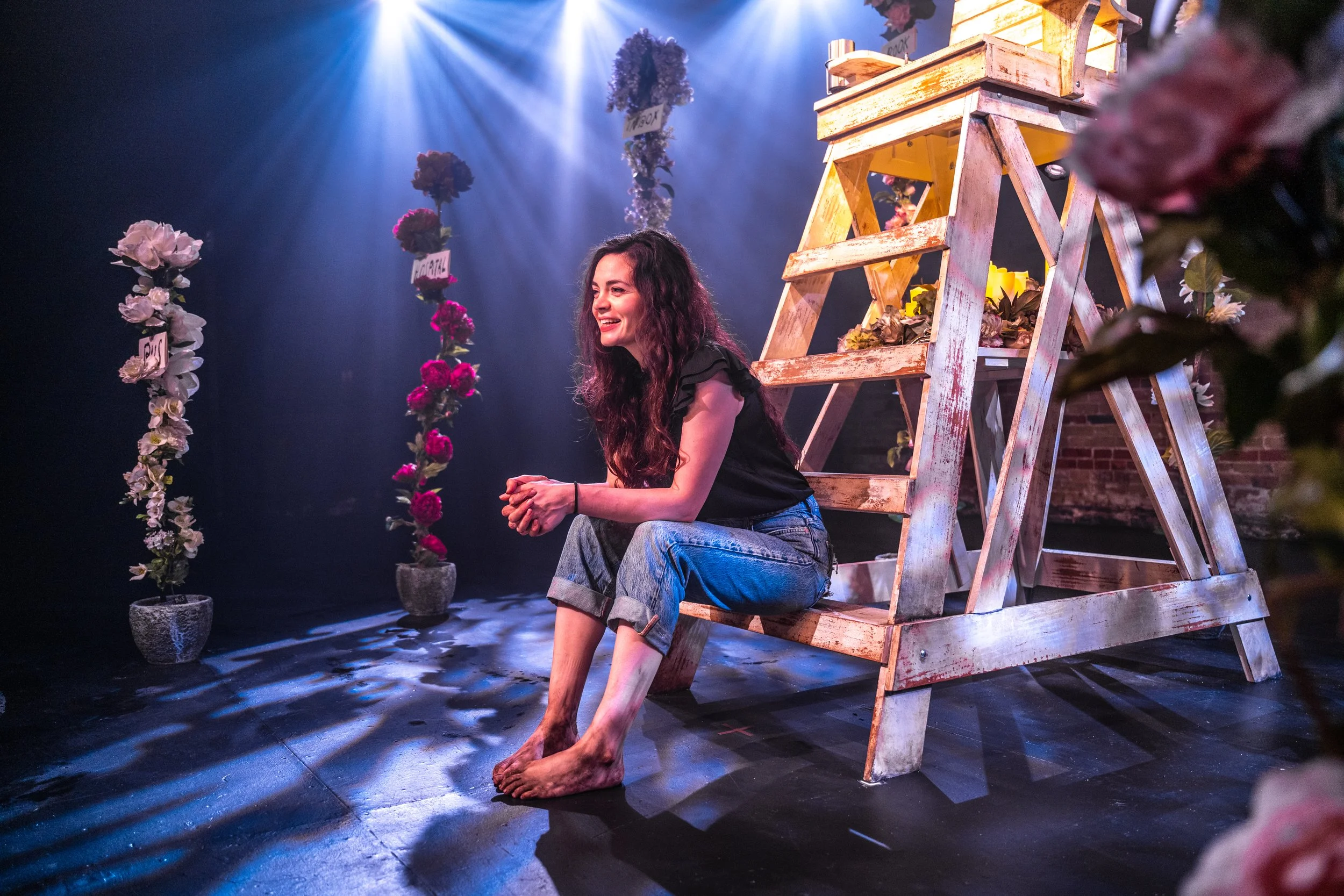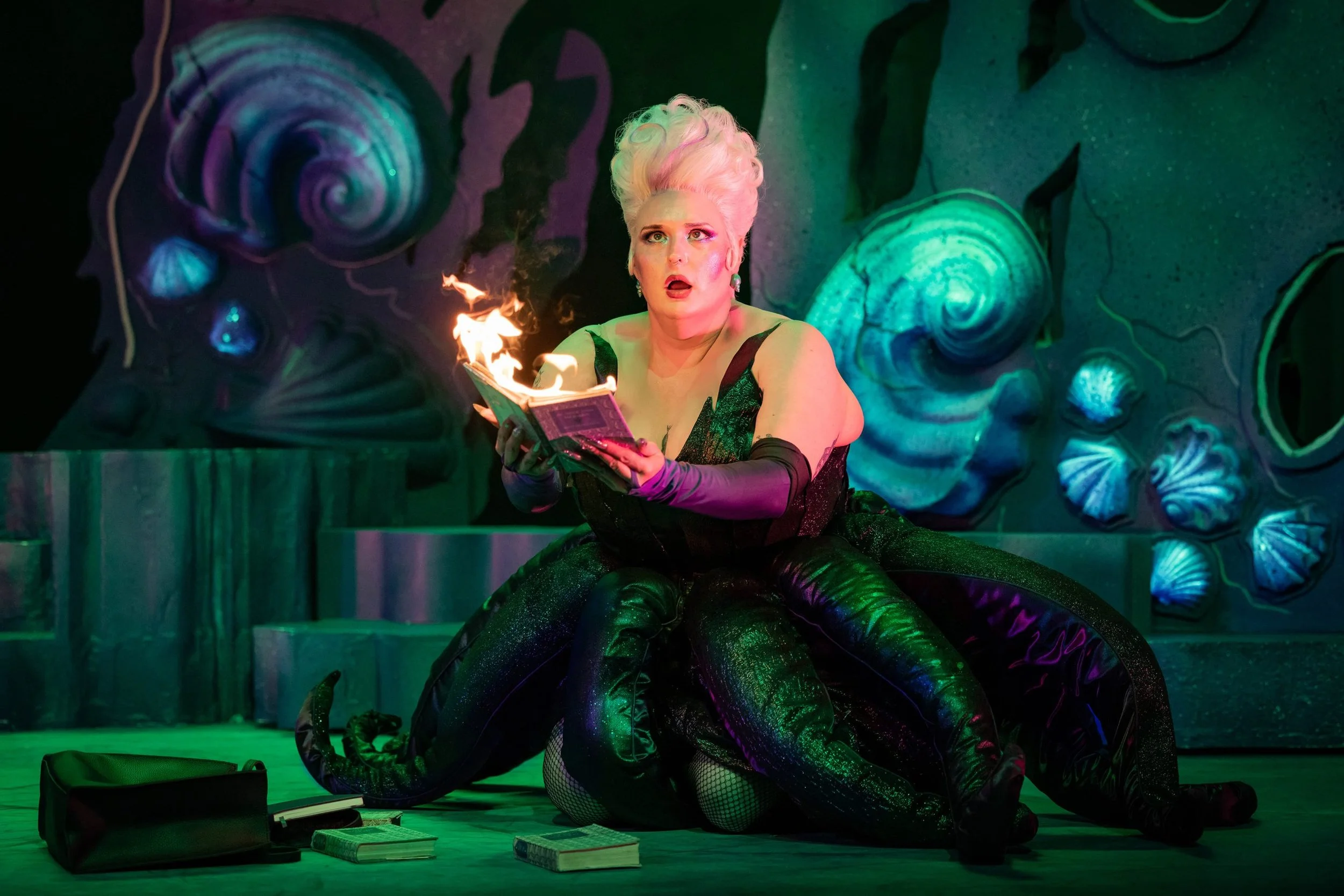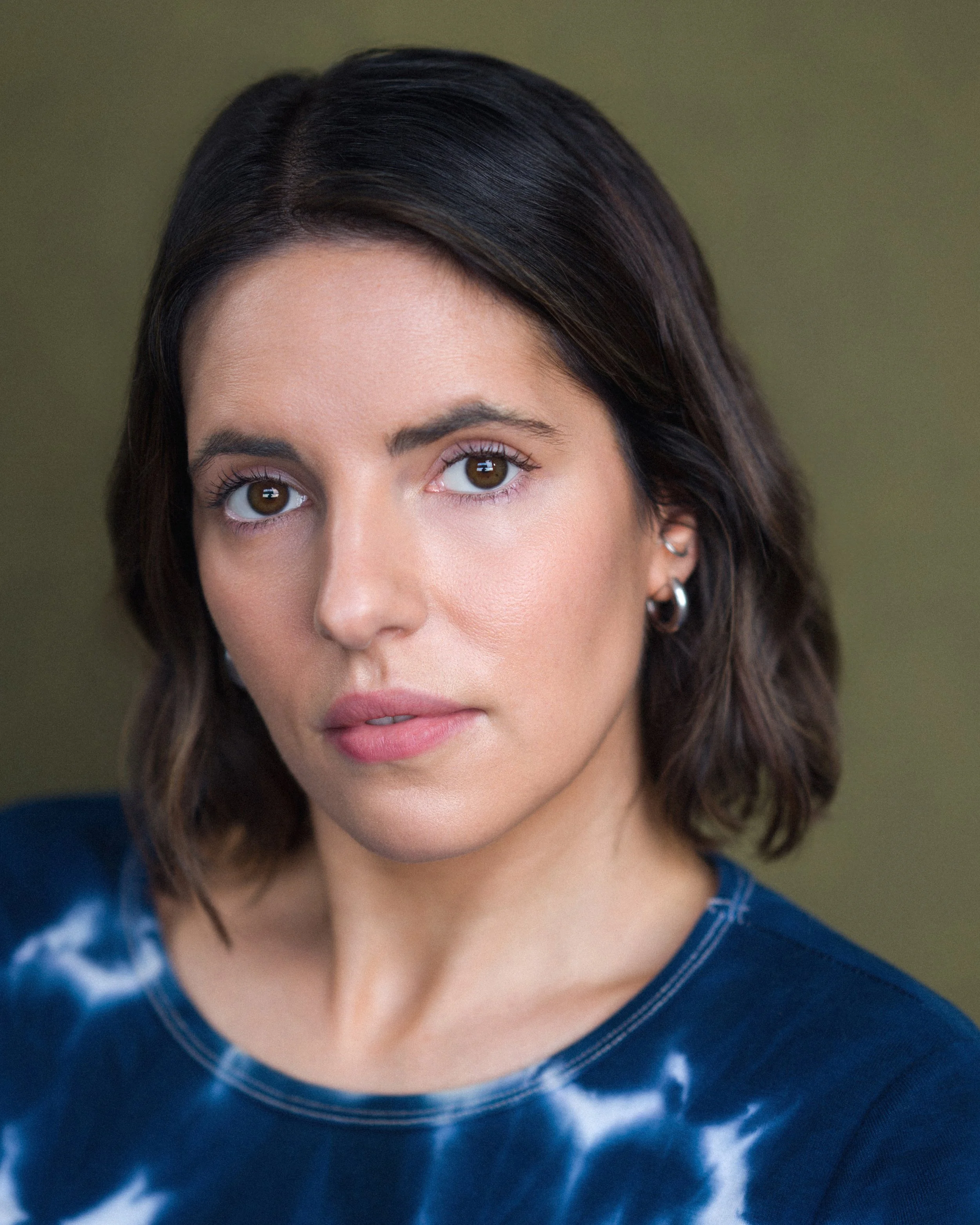INTERVIEW | Caseen Gaines ‘When Broadway Was Black’
Caseen Gaines is an award-winning author, whose work has been celebrated by The New York Times, Esquire, NPR, and more. In Caseen’s latest release When Broadway Was Black, he tells the captivating story of Sissle and Blake, along with comedians Flournoy Miller and Aubrey Lyles, who caught lightning in a bottle to kickstart the Harlem Renaissance and changed perceptions of Blacks one performance at a time. They opened doors for generations of artists of colour to run through— it is a timely story of sacrifice, setbacks, and successes along the road to the American Dream.
Now available to buy online, Becky interviewed Caseen about this book and why the conversation around diversity in theatre is as important now as it was then.
Your story is set during a tough time period in how black culture was represented in the arts industry, what makes this story important?
The story of Shuffle Along, and the artists behind this groundbreaking musical, is significant because too often, the contributions of African Americans are downplayed or erased from our collective memory. We would view history differently, and the entertainment industry differently, if we credited Black composers with revolutionizing Broadway instead of, or at least, alongside, the Gershwins or Irving Berlin. The book isn’t just about theater, or even entertainment; it’s about the importance of the historical record and collective memory. If a show as popular as Shuffle Along can be forgotten by the mainstream public, think about how many other achievements by Black Americans have been papered over too.
You spent a lot of time researching the backstory of the people in ‘When Broadway was Black’. What were some of the crucial moments you knew you had to include when writing your book?
While Shuffle Along is at the center of the narrative, the book really takes a bird’s-eye view of race relations in North America and Europe in the early days of the Twentieth Century, and how that shaped entertainment. Noble Sissle, the show’s lyricist, was a World War I veteran who helped bring jazz music to France as part of the 369th Infantry Regiment, and a chapter in the book follows his adventures overseas, a few years before Shuffle Along opens. I thought these moments were incredibly important, not only for telling a well-rounded story but also for reinstating the fullness of the artists’ accomplishments and humanity.
What main sources did you use when researching this book?
I spent a lot of time sifting through old newspapers, listening to and transcribing archival interviews, and paging through personal papers, correspondence, and unpublished memoirs from the artists behind the show. They were all incredibly aware of the importance of preserving their legacy, and left a lot of breadcrumbs for someone like me to follow and collect for a book like When Broadway Was Black.
What were the challenges of writing this book?
My biggest personal challenge was my inability to see live theater while I was writing the majority of this book. COVID-19 led to Broadway closures, and there were many days where I just wanted to walk around Manhattan and go see a show, but it wasn’t really safe or feasible to do that. Additionally, while most of my research was done before the pandemic hit, it was also hard to not have access to the libraries that had been so crucial to my work, once I began really writing. Thankfully, access to digital resources was expanded throughout the shutdown, so while it wasn’t exactly the same, I was able to pull what I needed.
Do you think Shuffle Along progressed the theatre industry with the representation of colour? If it didn’t, why do you think that is?
Shuffle Along was definitely a watershed moment for racial representation, and the representation of women, on stage. Just think of how significant it must have been that the most talked-about Broadway show of 1921 was entirely written and starring Black folks. The orchestra was large, and entirely populated with Black folks. The show’s creators weren’t hired hands; they collectively owned 50% of the show. Langston Hughes credited the show with kickstarting the Harlem Renaissance. It was that significant.
You touch on more than just the struggle of getting recognition in the arts for black people but for the hardships faced by them in their early life too, how crucial was it in your writing to start from their early life to form the story that unfolded?
My book is sort of explicit in its purpose: I want to reintroduce the world to Shuffle Along and the artists behind it. However, while I was working on this book, and even still today, I hear from people who feel a reintroduction isn’t necessary because they, personally, know of the show and feel they know its creators. It’s true that many are familiar with Eubie Blake, the show’s composer, and know that he worked closely with Noble Sissle through most of his career, but I found that very few people knew Flournoy Miller and Aubrey Lyles, the show’s book writers. Each of those four artists were incredibly interesting and unique individuals, and they had all accomplished a lot before they joined forces on Shuffle Along, so I wanted to make sure everyone had a proper chance to meet these creators before they became famous. Not only would it remind everyone that they were, in fact, real people, but even if you are familiar with some or all of these artists, I am certain you’ll learn something new about them.
Who and what are your inspirations in today's world of theatre?
I’m inspired by people who are on the frontlines fighting for more inclusivity in theater. Oftentimes these are folks who don’t receive much fanfare, but in large and small ways, are advocating that theatrical spaces better reflect all aspects of the public. This has already resulted in some significant changes on Broadway, the West End, and beyond, and I’m excited to see what comes next.
Shuffle Along was the first of its kind on Broadway, do you think this has changed Broadway as we see it today?
Absolutely. I think people who read When Broadway Was Black will be amazed at all the ways that Shuffle Along changed the modern theatrical landscape. It’s interesting that while the show may not be remembered by the everyday person, its impact continues to reverberate throughout theater venues around the world.
Has this influenced other places across the world like the UK when it comes to representation?
There were several attempts to bring the original Shuffle Along to the UK in the early part of the 1920s, but that never materialized. However, Noble Sissle and Eubie Blake did tour the UK, as did several of the cast members. Their presence, and the success of the show in the States, definitely helped open doors for performers and creators of color.
Are there any further steps we can take that can further our education on inclusivity on Broadway? Whether that’s as someone involved in the arts or whether they are someone who enjoys the theatre to watch?
I think the best thing people can do is take a chance on shows they may not be familiar with and creators they’ve never heard of. Success begets success, but what that often means is that people flock to revivals of popular shows they already know and love, instead of seeing original works. A perfect example is A Strange Loop, which was a brilliant piece that won the Tony Award for Best Musical and Pulitzer Prize, yet closed earlier than many felt it should have. Of course, many shows are closing prematurely on Broadway, but I wonder how many people were unwilling to take a chance on a new musical that wasn’t based on some existing intellectual property, and especially one centered on a “big, Black, and queer” main character. There are always books to read and documentaries to watch, but I think the best way to create inclusivity is to support those who are creating inclusive theater. Support unconventional casting choices. Support storytellers from underrepresented groups. Don’t just talk about your need to see diversity, see it when it’s available.
Noble Sissle and Eubie Blake among others paved the way for future artists to follow in their footsteps, do you think any artists that have followed on Broadway have the stars of Shuffle Along as an inspiration?
I think it’s pretty clear that many composers were inspired by Shuffle Along. It was the first score to bring syncopation to Broadway. There was an editorial in the New York Times last month arguing that Shuffle Along likely inspired George Gershwin, and I don’t think there’s any question about that. He was regularly in the audience at Shuffle Along, and the stylistic similarities musically are undeniable.
Do you have a specific audience you’re hoping your book reaches?
When Broadway Was Black is really for everyone who loves undertold stories of important people and events. You don’t have to be a theater lover to enjoy the book, and you definitely don’t have to come in with prior knowledge about Shuffle Along. I liken it to Hidden Figures. I have just a very casual knowledge of NASA and the Space Race, and don’t try to talk to me about math, but I found the book and film to be fascinating because, at the end of the day, they’re about people and a moment in time. My book functions in the exact same way. It’s a story of struggle, but ultimately, a phenomenal story of triumph.
And lastly in 3 words how would you sum up the story for new audiences out there hearing about the story for the first time?
Forgotten history remembered.
For further information about Caseen Gaines’ work and his book ‘When Broadway Was Black’ visit the website.





